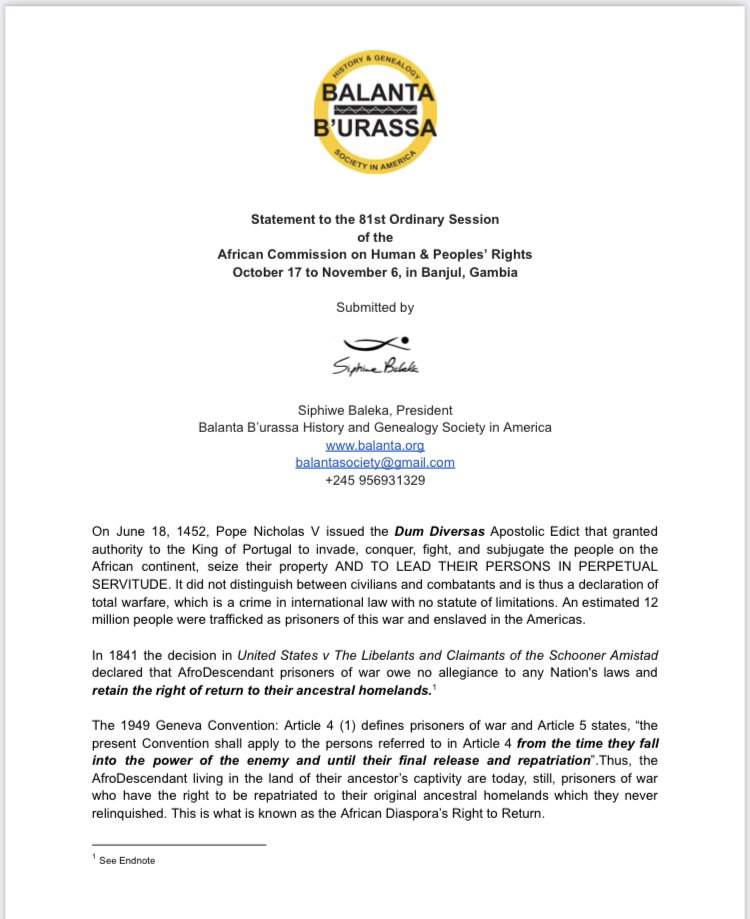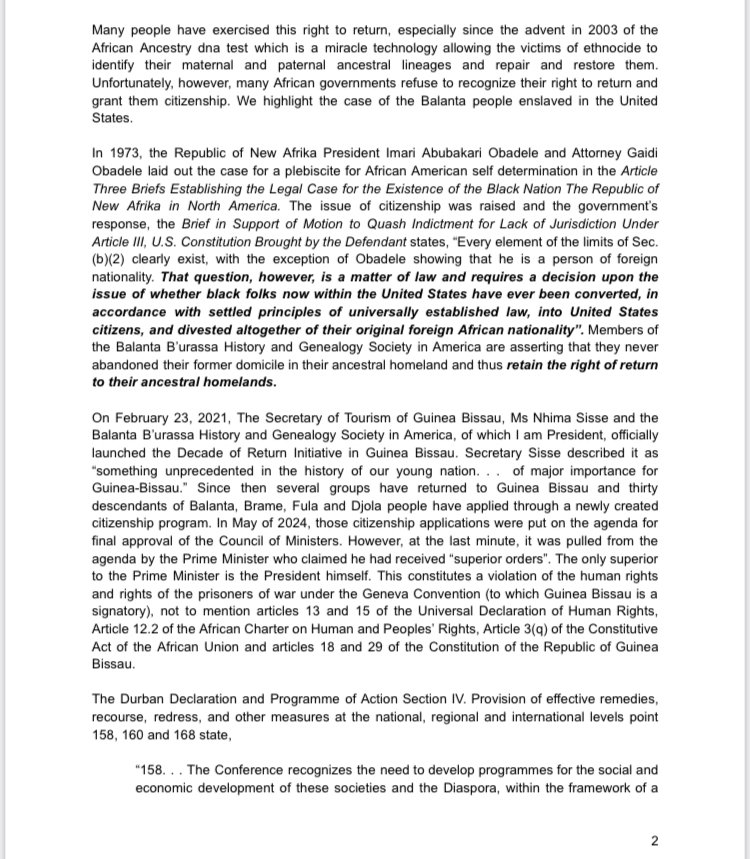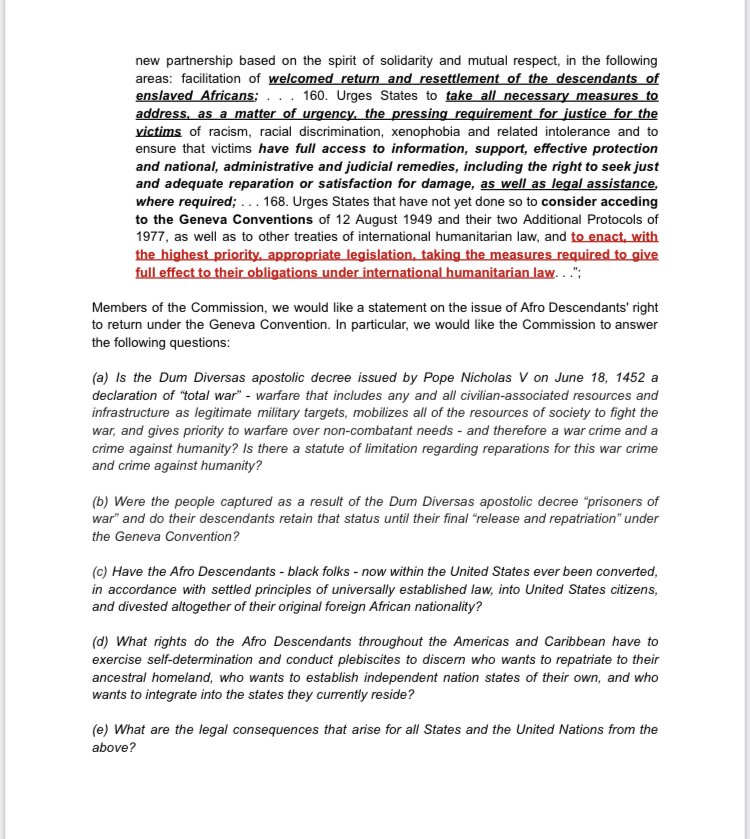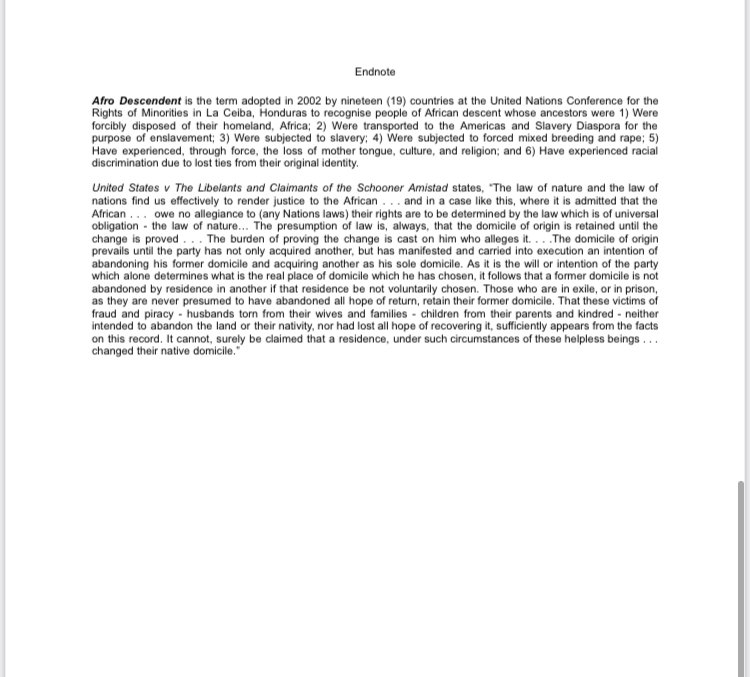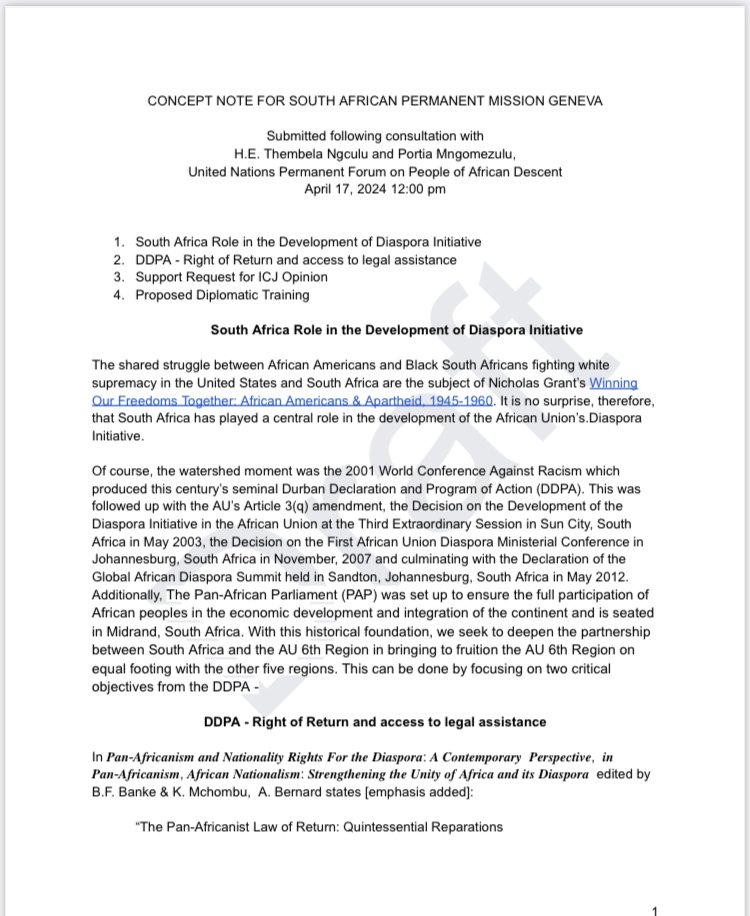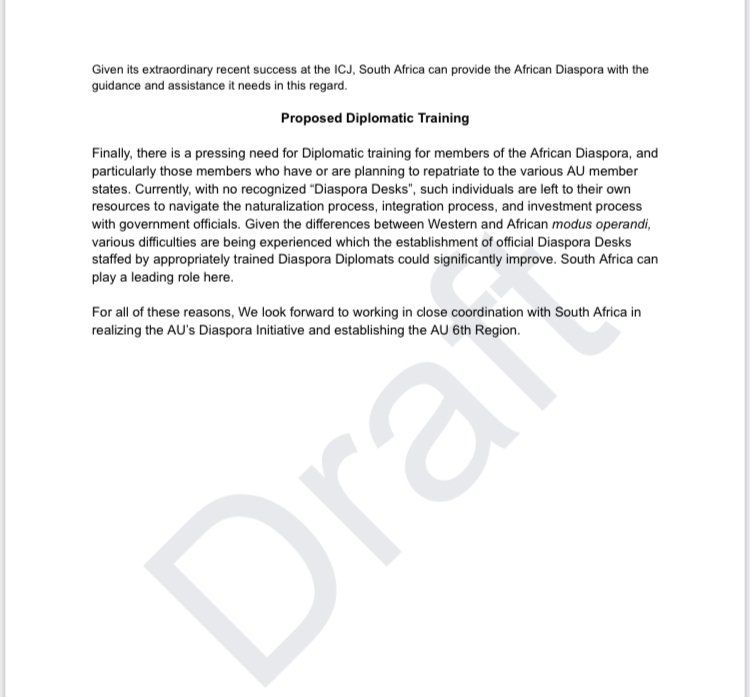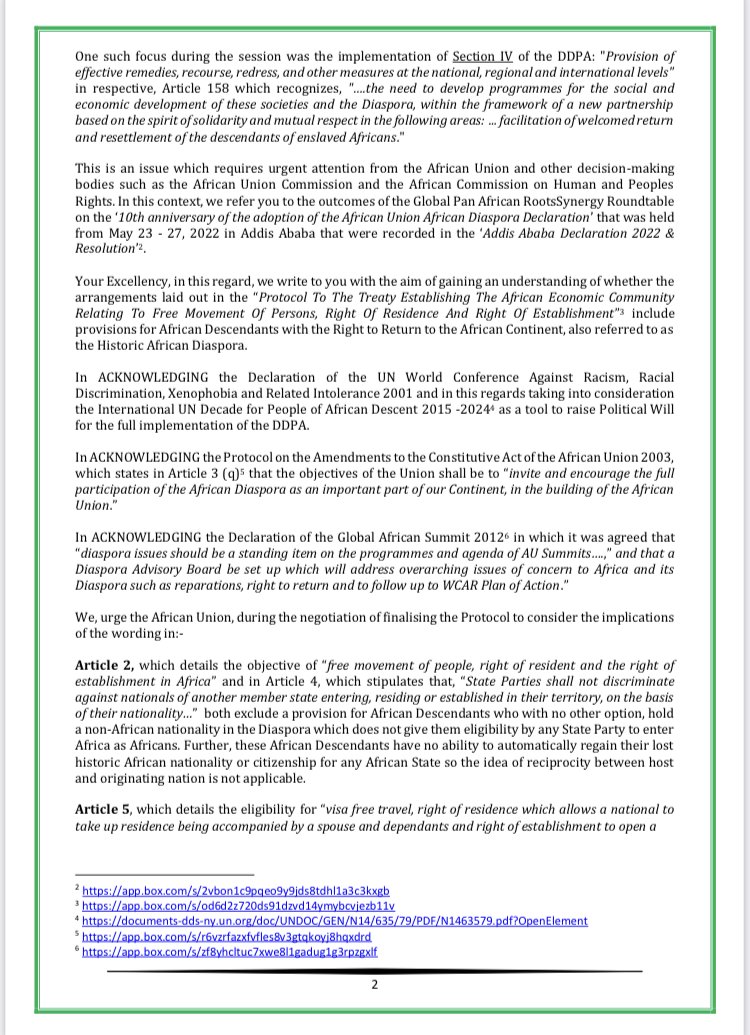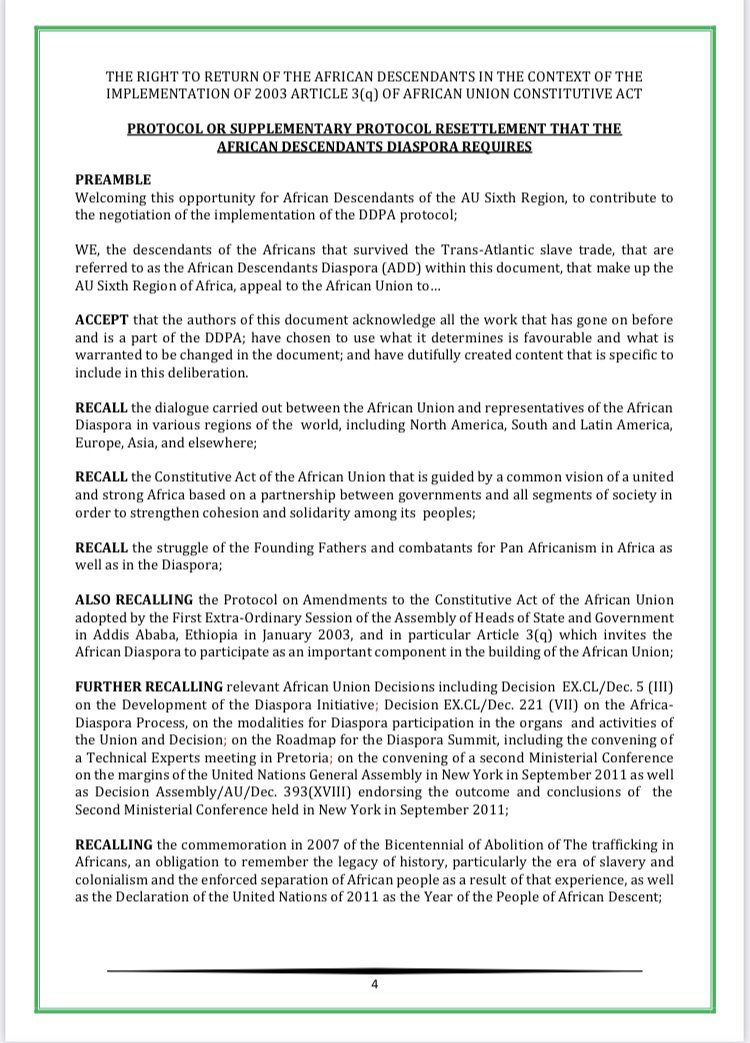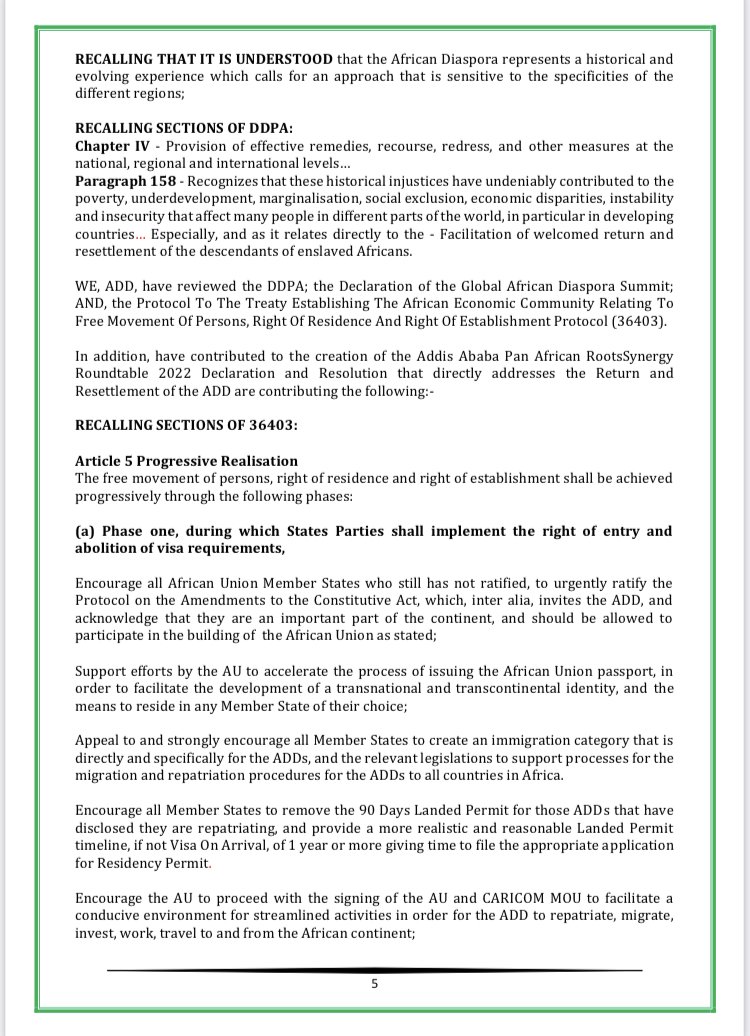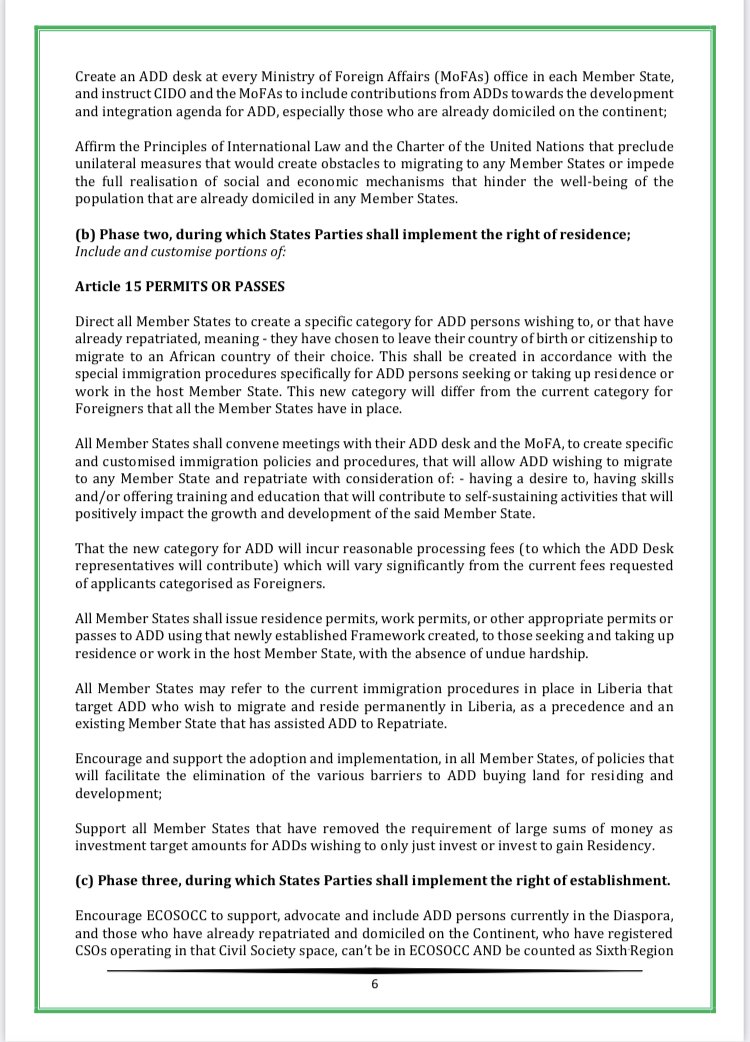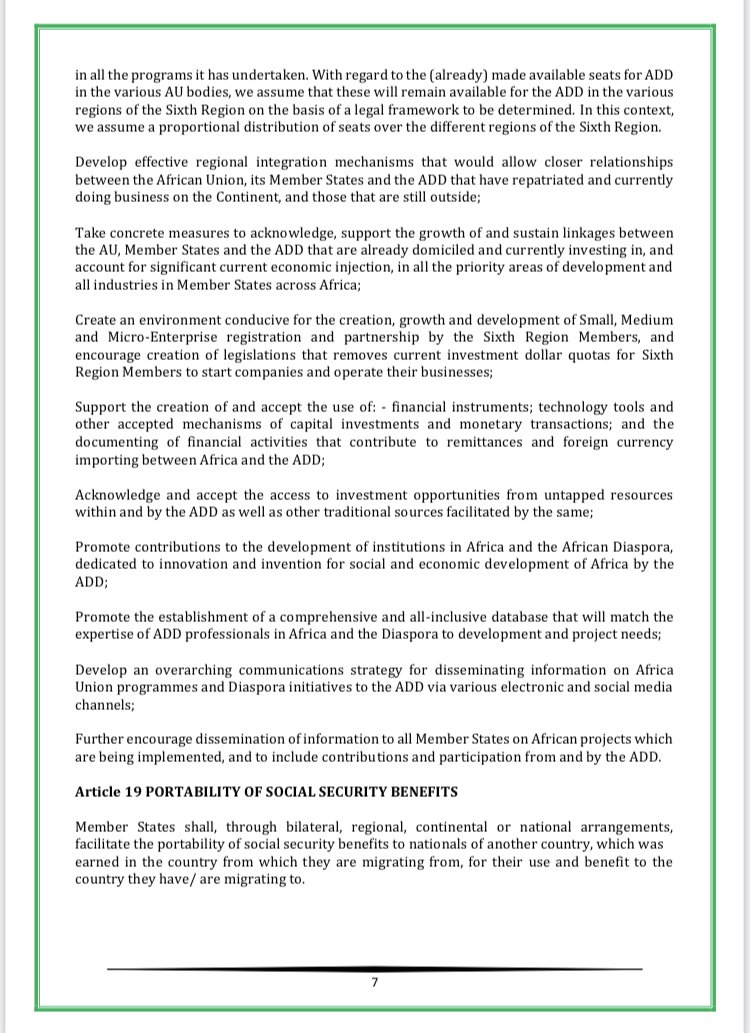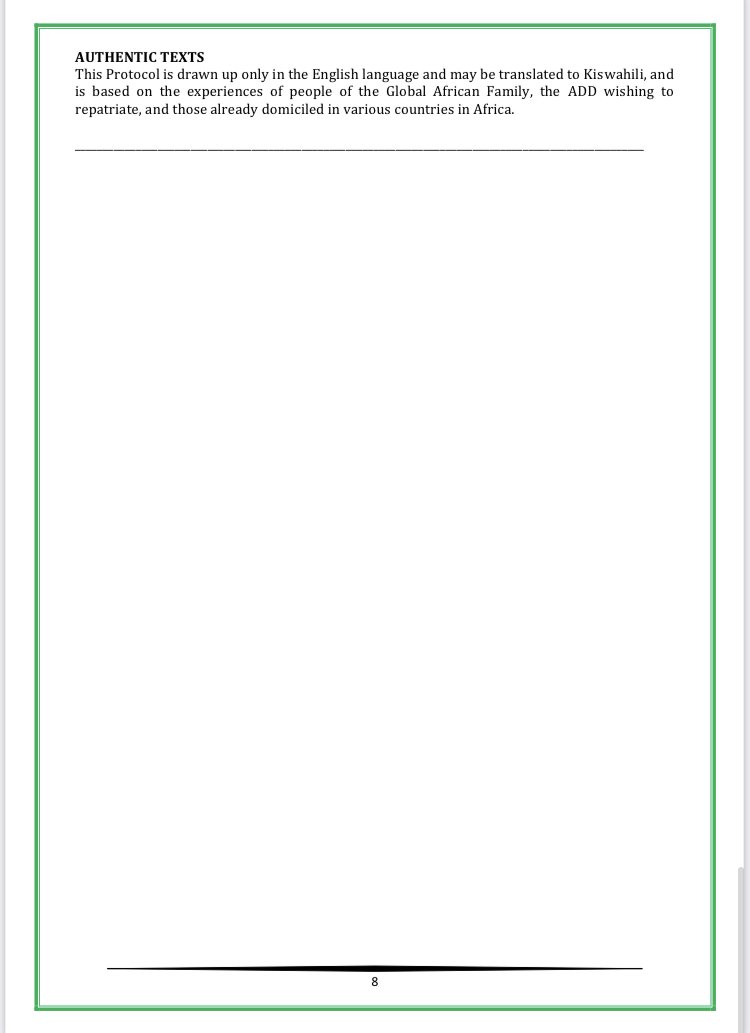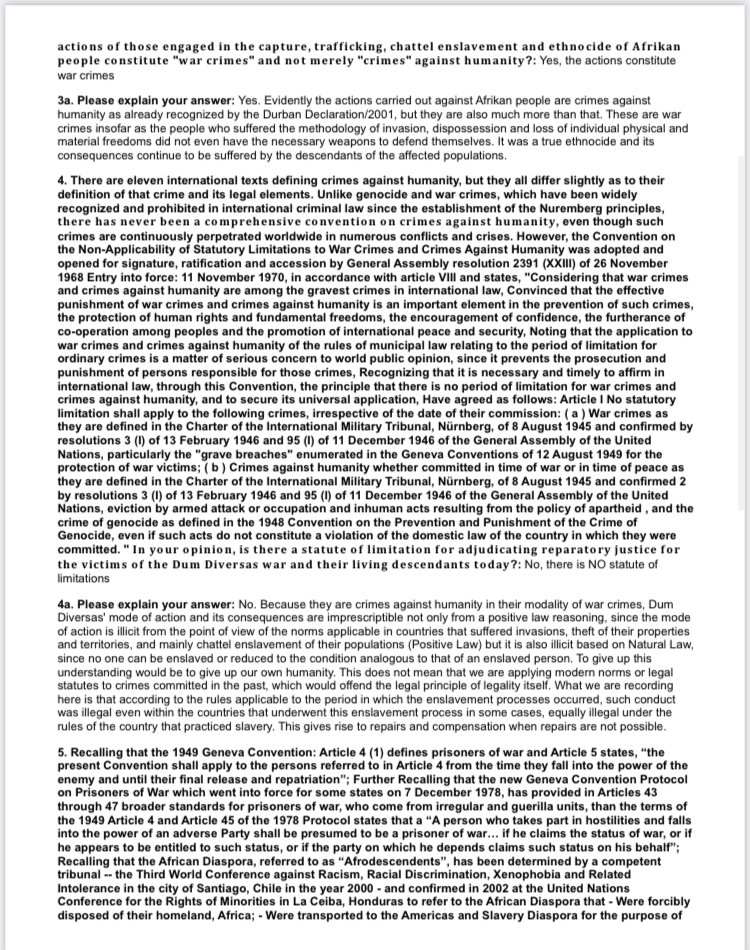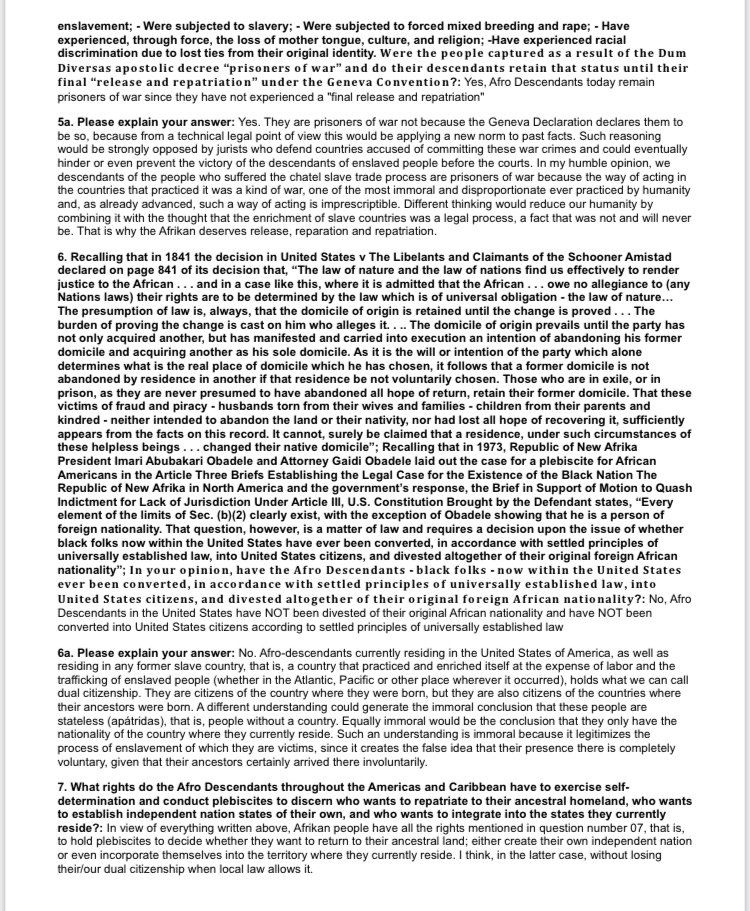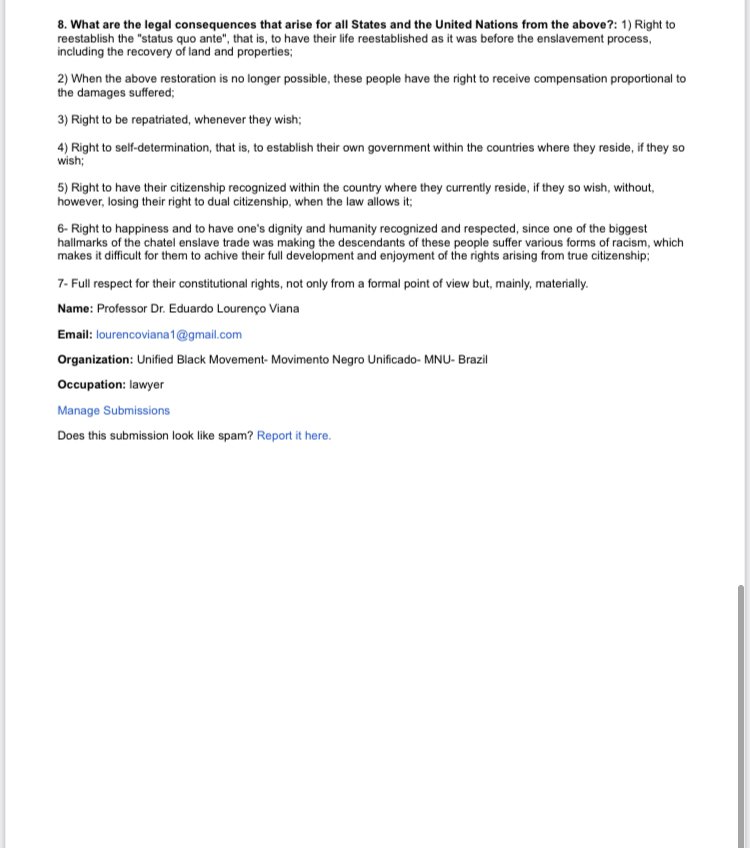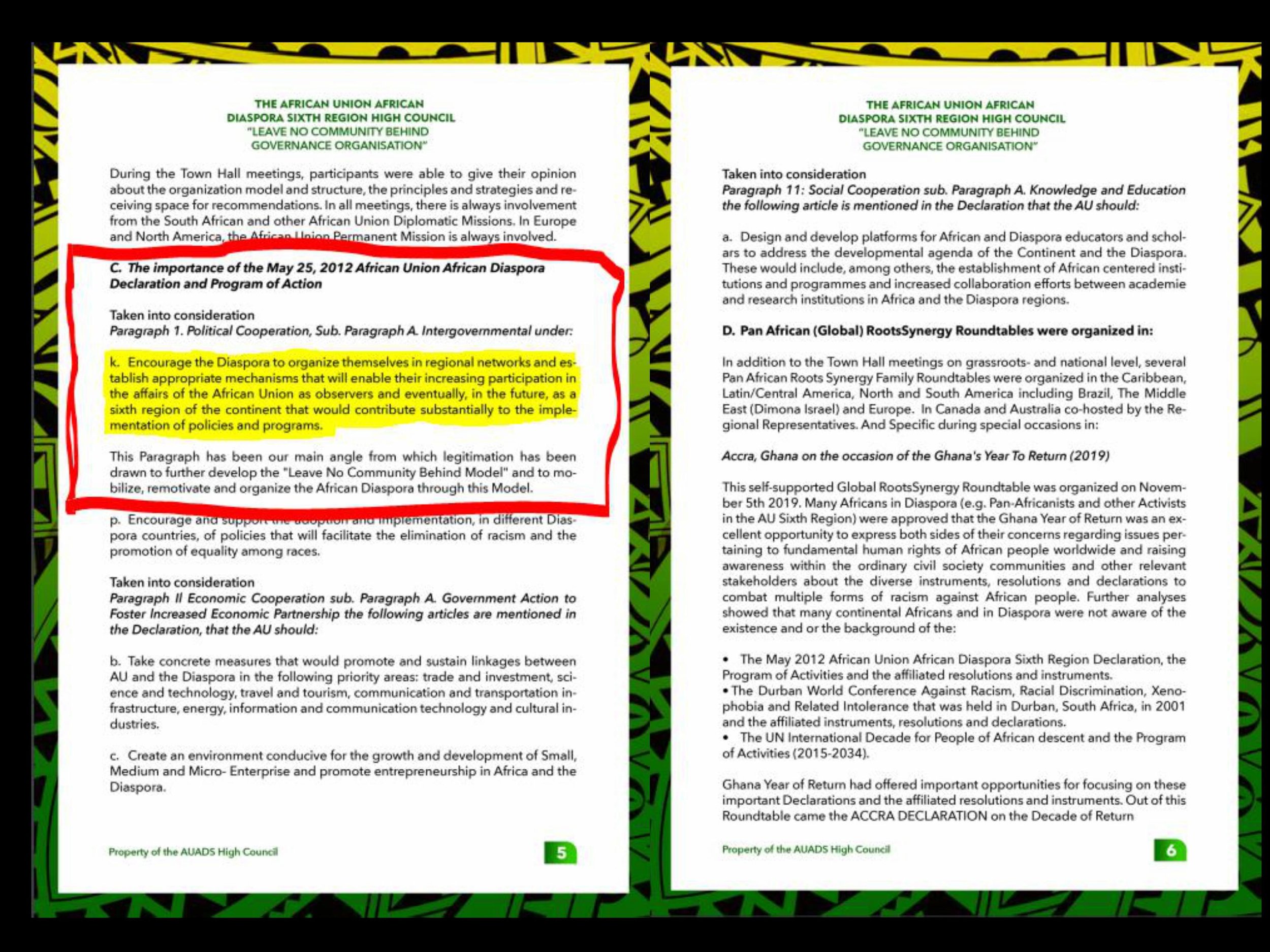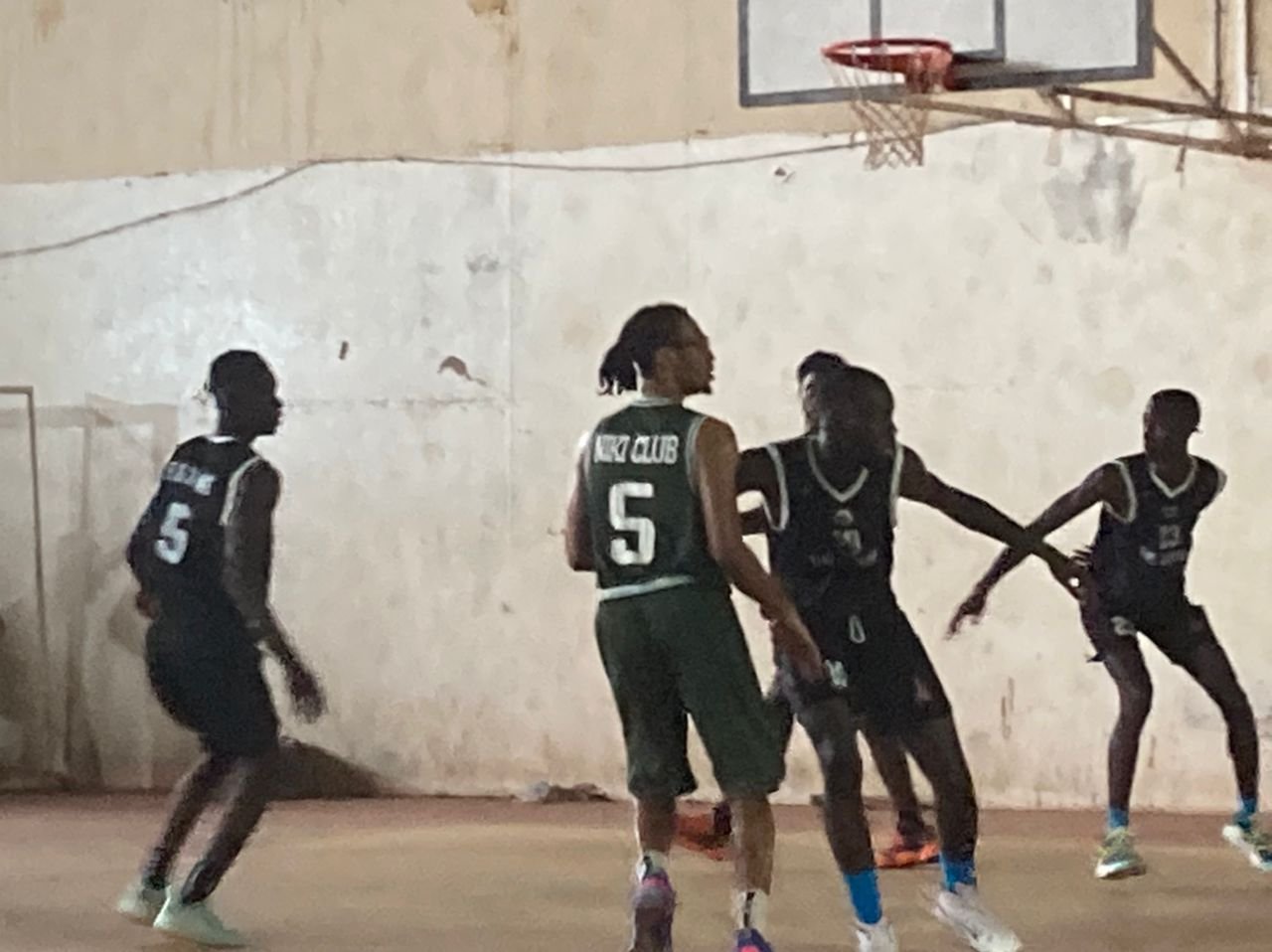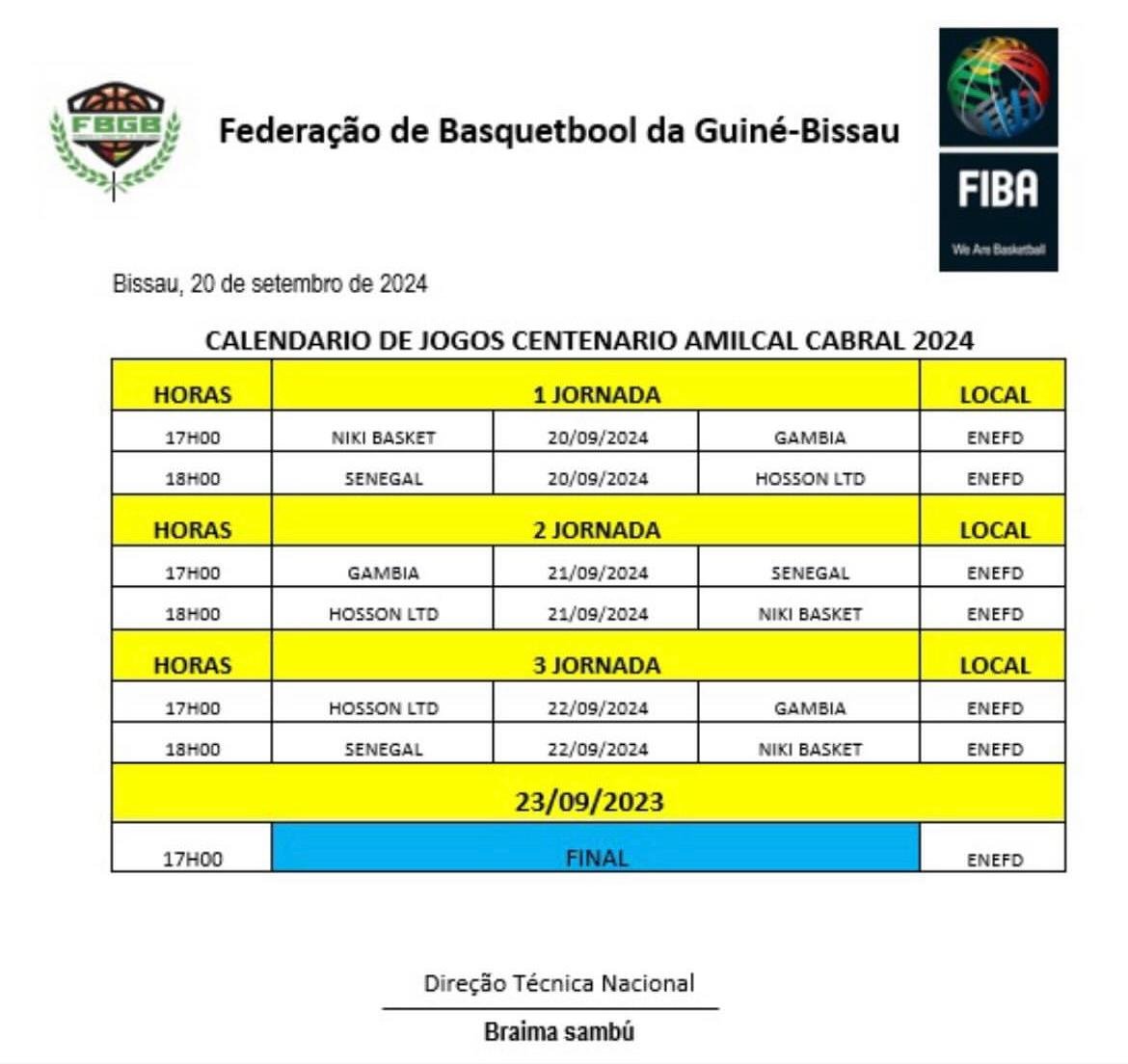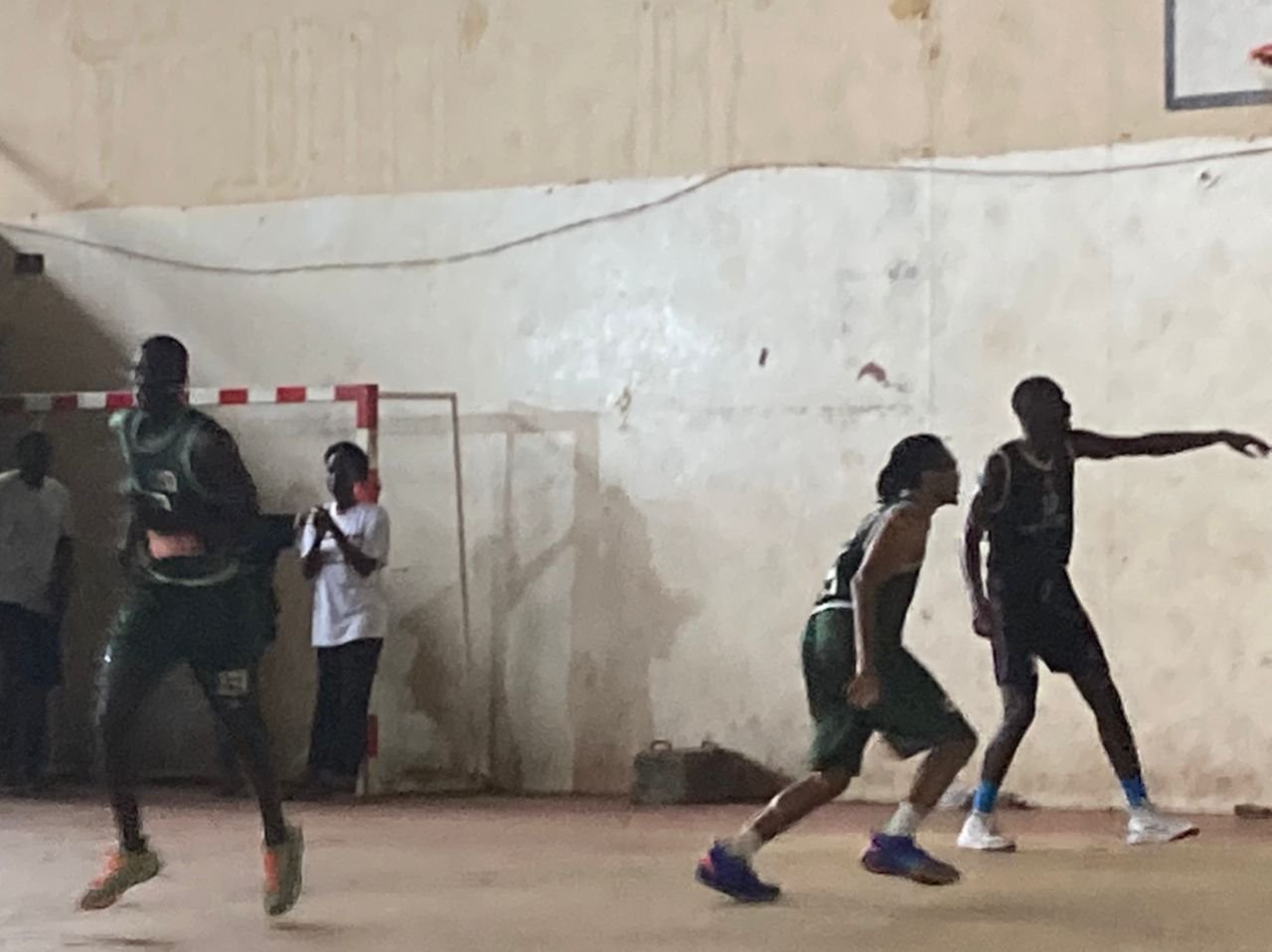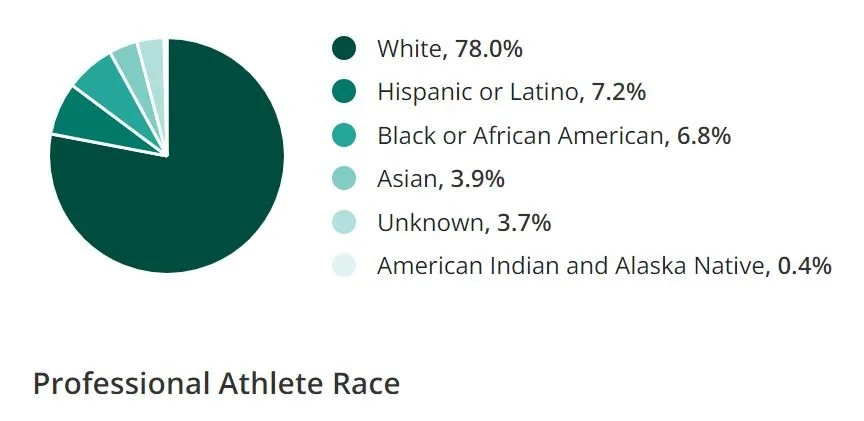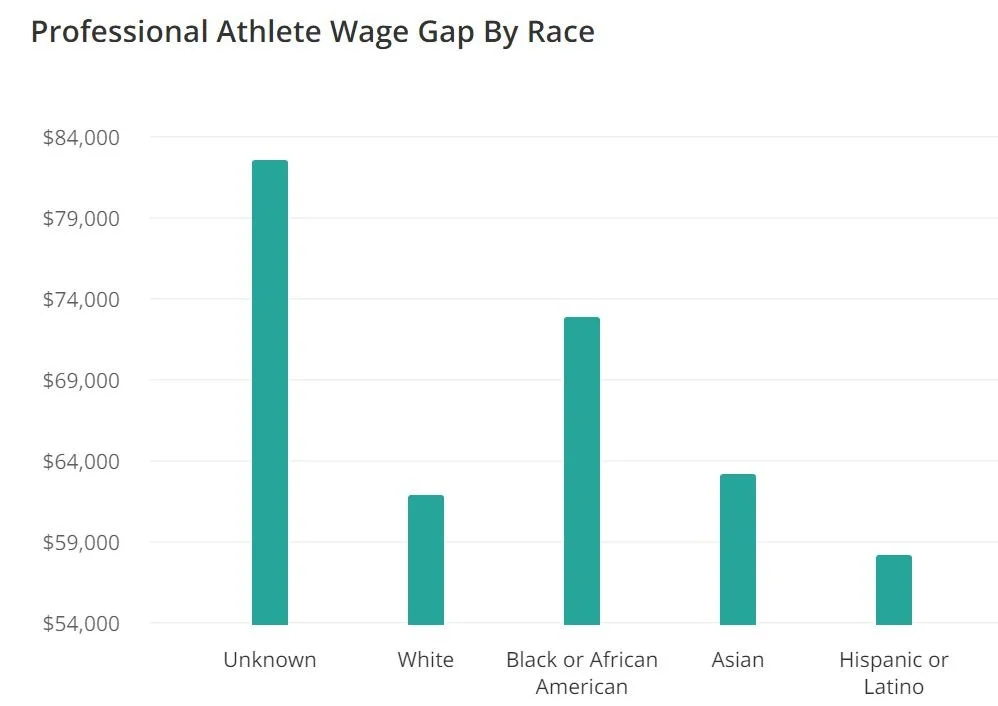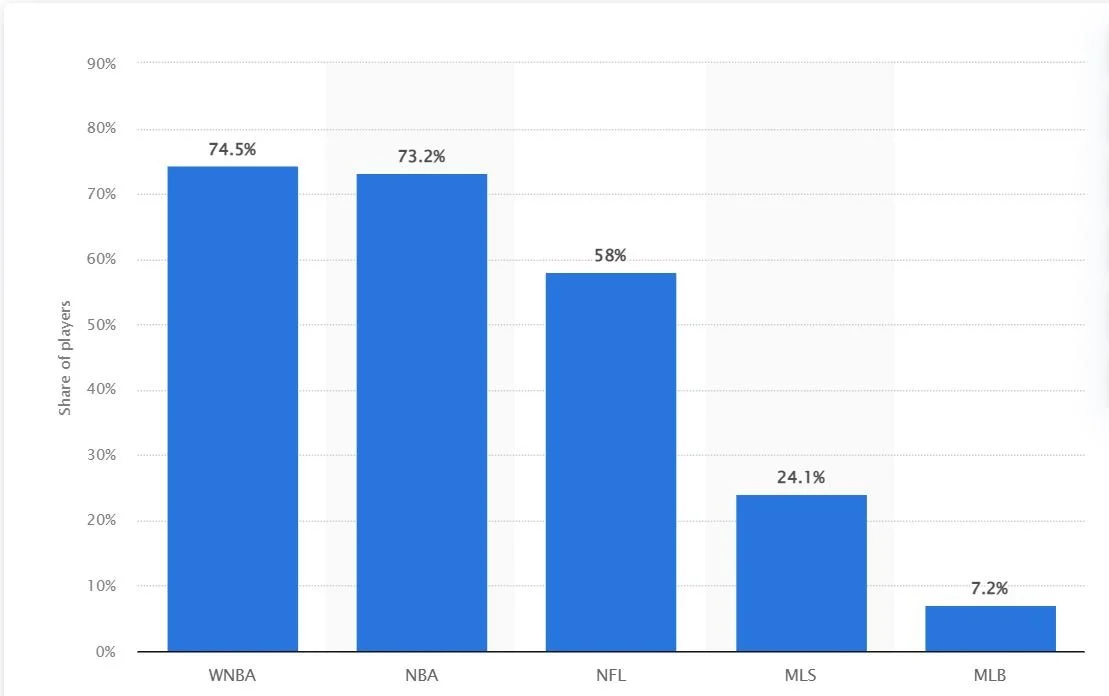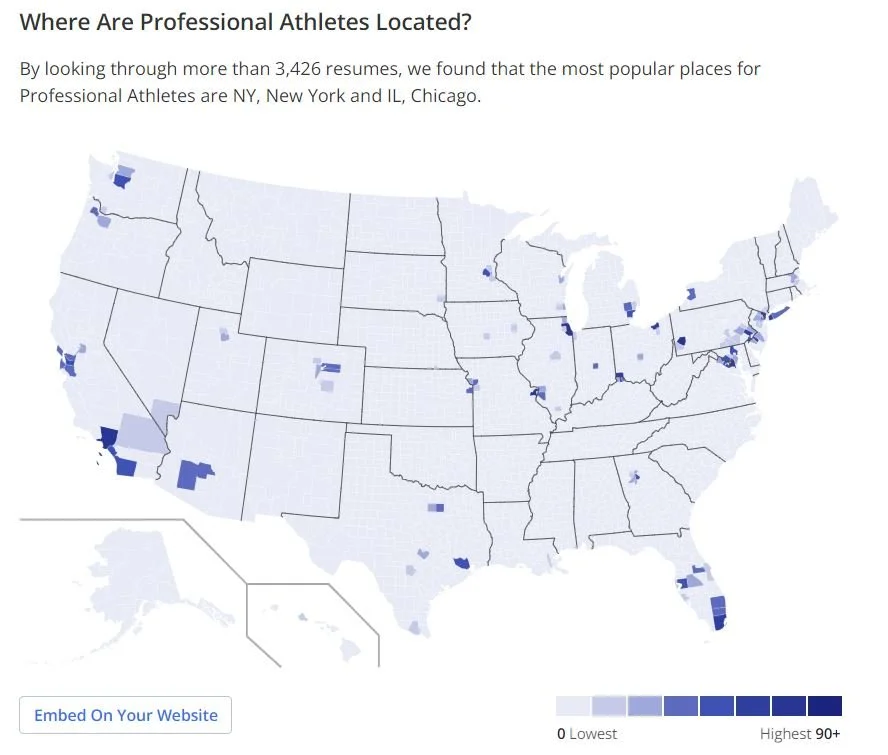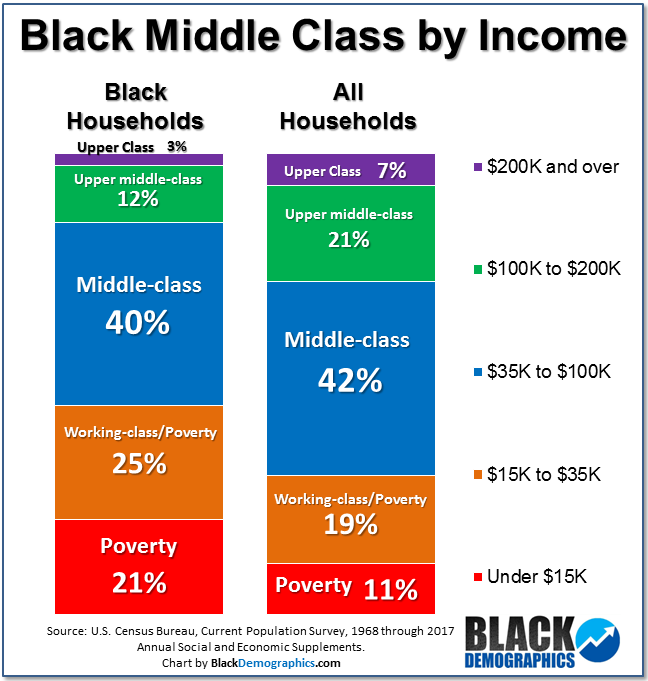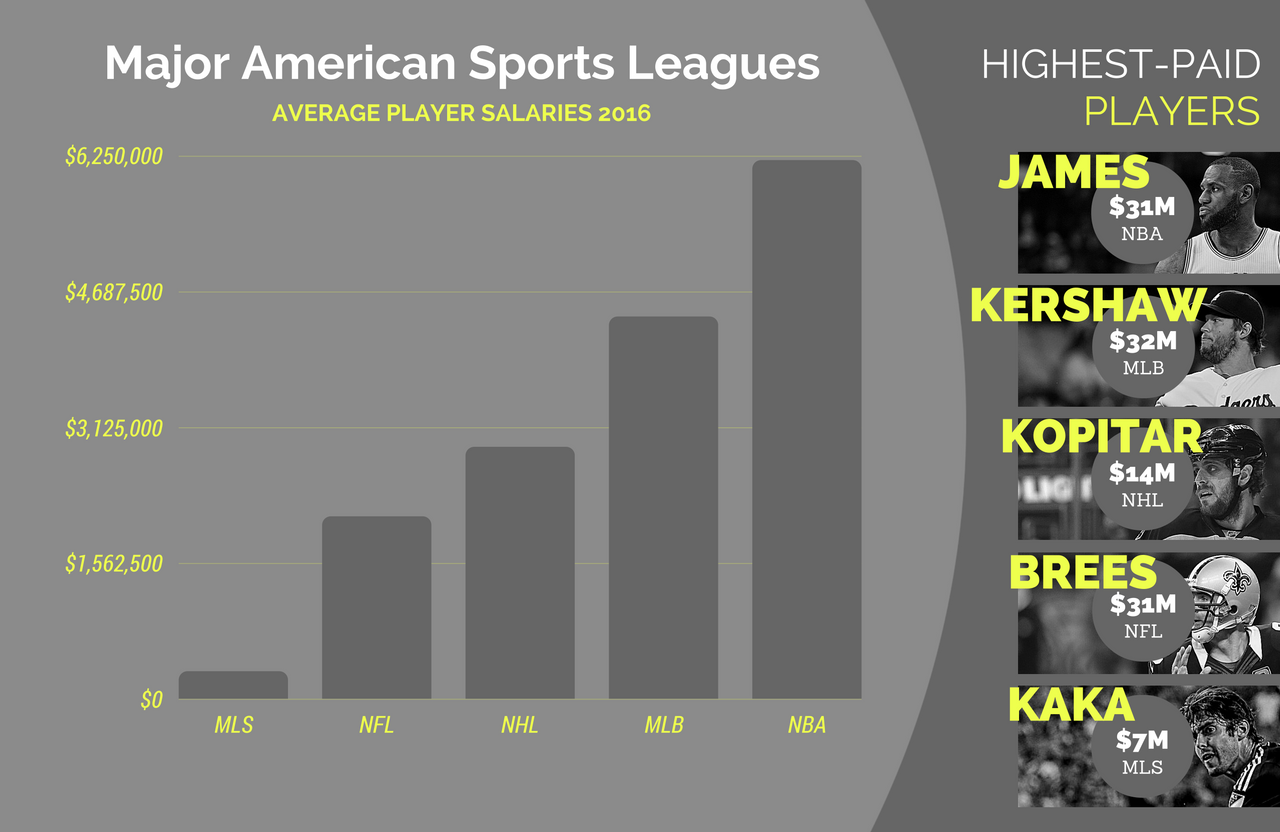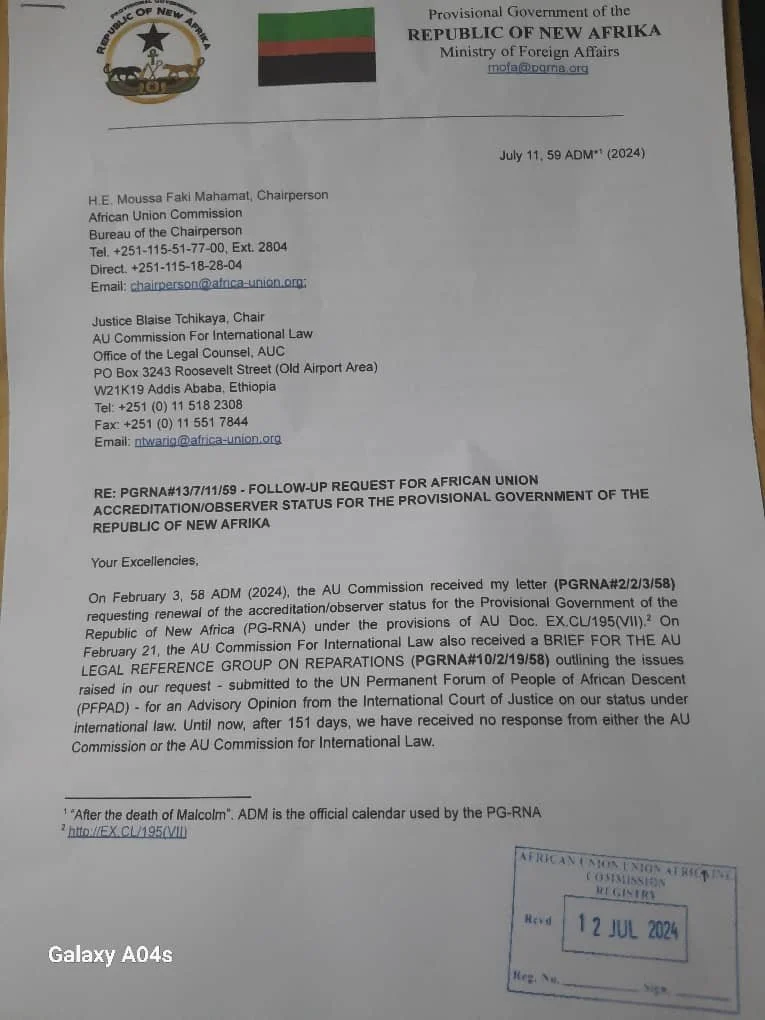Here are the 20 richest African Americans in the world:
20. Beyoncé Knowles
Beyonce is the twentieth richest African American in the world. Her net worth is estimated to be at $300 million. The thirty five year old was born in Houston, Texas and is ranked as number two on the list of The Best Current Female Singers. She earned her fortune through various means. In addition to being a world famous singer, she is also a songwriter, musician, television producer, record producer and business person. She has a few movie credits to her appearance as well including, “Epic,” “Dreamgirls,” “The Great Gatsby” and “Austin Powers in Goldmember.” The multi-talented lady has added the hyphen of Carter to her name after her marriage. She began her career as a child, competing in a variety of dancing and singing competitions. She knew from an early age that she would pursue a career in the entertainment industry. She became famous as a member of the R&B musical group Destiny’s Child in the late 1990s. She continues to release albums on her own currently. She is currently married to the famous rapper Jay-Z.
19. Quintin Primo III
Quintin E. Primo III has a net worth of approximately $300 million which ties his fortune with Beyonce Knowles. Quintin is the co-founder of Capri Capital Partners, LLC. The corporation is on of the largest businesses that is minority owned. It is a real estate investment management firm, located in the United States of America. In addition to being one of the initial founders of the company, Primo is also the CEO in charge of overseeing the affairs of the company. He has enjoyed a long and prosperous career and is currently adding to his already massive fortune. The group offers management services world-wide to pension fund as well as other types of institutional investor. Primo stands as a role model for young African American males because he built a fortune that shows them it is possible to follow your dreams and become a success in America.
18. Russell Simmons
Russell Simmons has a net worth that is valued at $340 million. The multi-talented Simmons is a professional in multiple areas of business and entertainment. He is best known for his role as an entrepreneur. He just seems to understand how to invest in the right ventures and when to pull out. Simmons is also a well known fashion designer, television and film producer and business person with multiple streams of income. With an already developed portfolio, he is still adding to the large fortune that he has amassed. He was born in New York City as Russell Wendell Simmons. Simmons is an American business magnate that was instrumental in founding the Def Jam music label that deals with hip hop music artists. His wife is Samantha Simmons, who is from the East Providence, Rhode Island area. Russell is the creator of the high end clothing label Phat Farm as well as Argyle Culture and American Classics. It would appear that there is no end to his talents.
17. Berry Gordy, Jr.
Berry Gordy is the seventeenth richest African American in the world. His net worth is $345 million. He is best known for his tremendous contribution to the Motown music movement. He founded the Motown record label and also established several subsidiary companies under this umbrella. Gordy has a certain type of brilliance and foresight that has allowed him to build his empire from the ground. He understands that it takes hard work and dedication to achieve any measure of success. He didn’t mind putting in the hard work when he was younger, and his efforts have paid off well for him. He is a songwriter as well as record producer who has earned his fortune through the music business. Gordy was born in Detroit, Michigan and as of 2017, he is 87 years of age. In addition to producing records, he has also served as a television producer and entrepreneur. He has had a long and successful career in entertainment, but his contributions have been behind the scenes, rather than on the stage.
16. R. Donahue Peebles
R. Donahue Peebles, also known as Roy Donahue Peebles has a net worth of $350 million making him the sixteenth richest African American in the world. He is actually tied with Master P, who has an identical net worth. The 56 year old was born in Washington D.C., He is an entrepreneur in the real estate industry as well as an author and a political activist. He founded the Peebles Corporation which is a real estate development and ownership company that happens to be the largest African American owned company of it’s kind. Peebles’ company is also involved in a multi billion dollar development subsidiary that deals with high rise residential, luxury hotel and commercial property interests in the areas of Las Vegas, New York City, San Francisco, Philadelphia and Washington D.C.
15. Master P
Master P is also known as Percy Robert Miller. He has a net worth of $350 million. He was born in New Orleans, Louisiana and is best known for being a multi-talented entertainer and business person. Miller is involved in multiple ventures that have contributed to his immense wealth. His professional ventures include stints as a rapper, actor, author, investor, businessman, philanthropist, record producer and former basketball player. He is currently the fifteenth richest African American in the world. Master P has a good understanding of what it takes to make a fortune and to keep it. He is an excellent investor who chooses the ventures he decides to enter very carefully.
14. Shaquille O’Neal
Shaquille O’Neal has a net worth of $350 million. He is one of the most celebrated and famous basketball players of the NBA. O’Neal was born Shaquille Rashaun O’Neal March 6, 1972 in Newark, New Jersey. He goes by the nickname Shaq. In addition to playing for the NBA, Shaq has also done well for himself as a rapper, real estate entrepreneur, television producer and film producer. He’s tried a little bit of everything. He is currently a sports analyst on the “Inside the NBA” television program. As for O’Neal’s music career, he has been successful with the release of four rap albums. The first one that was released had such great appeal to his fans that it went platinum. Shaq has made appearances in a variety of films and television shows. He even had a few reality television shows of his own. In addition to serving as a sports analyst, Shaq is the host of “The Big Podcast with Shaq.” When we say big, it is no exaggeration because the former NBA star is a staggering seven feet one inch in height. He weights around 325 pounds, but none of it is flab. He keeps himself in excellent physical condition.
13. Bill Cosby
Bill Cosby has a current net worth of $400 million. He gained fame through his television acting, appearing in “The Cosby Show” and several others. He is also known as the voice of Fat Albert in “The Cosby Kids” cartoon. Cosby was born in Philadelphia, Pennsylvania. He earned his money as an actor, musician, television director, television producer, activist and film score composer. There are many people who do not realize that in addition to his acting talents, he is also a gifted musician and composer. He also had a very good run as a stand up comedian. Crowds would form outside of the venues for the chance to get in to see on of his stand up shows.
He truly was a funny guy, but one of the reasons why he became so popular with fans is because he was easy to relate to. Cosby had a way of portraying the typical family man that made us all look up to him for the common sense and wisdom that he shared in his time on “The Cosby Show.” He was a man who exuded family values, but he knew how to put a comedic spin on the various life situations that came up in the series. Cosby was ranked and number twenty four on the Funniest People of All Time List and as number seventeen on the Funniest Stand Up Comedians of All Time list. This was prior to the recent allegations of sexual misconduct and rape. There are fans who remain loyal to Cosby, and several co-stars who have stood by him during the trials.
12. Robert L. Johnson
Robert L. Johnson has a net worth of $550 million. He earned his fortune as an Entrepreneur and a businessperson. Johnson was born in Hickory, Mississippi. In addition to being an entrepreneur he is also a media magnate, executive, philanthropist and investor. He is the co-founder of BET, which was sold to Viacom in 2001. He also founded RLJ Companies, a holding company that invests in various business sectors.
11. Mariah Carey
Mariah Carey currently has a net worth of $550 million. She earned her fortune by amassing fame as one of the greatest musical artists from the 1990s. Her heyday was in the 90s, and although she is still held in high regard, her popularity has fallen because she isn’t churning out the number one hits anymore. Mariah was born in Huntington, New York. She is ranked as number six on the Best Female Vocalists Ever list and as number nineteen on the Best Singers of All Time chart. Her professional endeavors include musician, songwriter, record producer, film producer and model.
10. Tyler Perry
Tyler Perry has a net worth of $600 million. He made his money as a songwriter, television producer, film producer, theater director and television director. You may remember his most famous film “Diary of a Mad Black Woman.” Perry was born in New Orleans, Louisiana. He has been ranked as number twenty four on the Very Best black Directors list. He was born on September 13, 1969 as Emmitt Perry Jr. He was the most active in writing and directing stage plays in the 1990s and 2000s. His songwriting was mainly in the gospel genre.
9. Magic Johnson
Magic Johnson’s net worth for 2017 is $600 million. He was born in Lansing, Michigan and gained fame in the NBA as a phenomenal basketball player. He is currently ranked and number three on the Top NBA Players Of All Time list and as number nine on the Greatest Offensive Players in NBS History list. He earned his fortune as a basketball player, basketball coach, talk show host, television producer and entrepreneur.
8. Tiger Woods
Tiger woods currently has a net worth of $740 million. He earned his fortune as a pro golfer, turning with industry upside down by coming on strong and taking a high number of wins in a short period of time. Tiger has had his ups and downs as a golfer as well as in his personal life. His string of illicit affairs led to the end of his marriage. He was born in Cypress, California and is also a writer and hosted the “Monday Night Golf” show. He is ranked as number seven on the Athletes Who Spark the Most Fan Arguments list and as number sixteen on Celebrities You Would Not Want as a Stepdad.
7. Sheila Johnson
Sheila Johnson’s current net worth is estimated at $750 million. She earned her money as a business person along with being a TV program creator and film producer. She was born Sheila Crump on January 25, 1949. During her career, she co-founded BET, and served as the CEO of Salamander Hotels and resorts. During her lifetime, she reached a pinnacle of reaching the only African American woman to have a net worth that was more than a billion dollars. She’s not worth that much today, but she still holds a sizable fortune.
6. Jay-Z
Jay-Z is the sixth richest African American in the world today. He has a net worth of $810 million. He earned his money as a rapper, songwriter, record producer, film producer and entrepreneur. Jay Z is ranked as the sixth on the Greatest Rappers of All Time list. His birth name is Shawn Corey Carter and he is currently married to Beyonce Knowles. Between the two of these fabulously rich celebrities, their total net worth is over a billion dollars.
5. Sean Combs
Sean Combs has a net woth of $820 million. He made his fortune in a variety of professions including fashion designer, musician, songwriter, record producer and television producer. He was born in Harlem, New York City, New York. He earned the distinction of being number sixteen on Rappers with the Coolest Post-Rap Careers and as number fourteen on the list of Who Should Buy the Los Angeles Clippers.
4. Dr. Dre
Dr. Dre has an estimated net worth of $830 million. He was born in Compton, California. His professional endeavors that helped him to earn his fortune include musician, rapper, songwriter, record producer, musician and entrepreneur. He was born Andre Romelle Yound on February 18, 1965. He founded Aftermath Entertainment and Beats Electronics and currently serves as CEO for each. He used to be a co owner of Death Row Records but has seen his way out of the arrangement.
3. Michael Jordan
Michael Jordan is the third richest African American in the world today. His net worth is $1.31 billion. Jordan was born in New York, New York. He made the rank of number one for both the Top NBA Players Of All Time and The greatest Shooting Guards in NBA History. In addition to this, he made number four for the Athletes Who Spark the Most Fan Arguments and Athletes Who Should Get a Reality Show. Michael was a star player for the NBA and it was through his career in basketball that launched his run of tremendous success and his climb to fame. The Nike corporation was just one of the sponsors who lined Jordan’s pockets with untold millions for endorsing their products. His professional ventures include actor, athlete, basketball player, spokesperson and entrepreneur. He has made some wise financial decisions and investments in his lifetime.
2. Oprah Winfrey
Oprah Winfrey is the second riches African American in the world. She has a net worth of $3.1 billion. The 63 year old was born in Kosciusko, Mississippi. In her lifetime, she has achieved a high level of professional success. She is a well known and extremely popular actor, film producer, television producer, journalist and business person. She is best known for her own long running television talk series, “The Oprah Winfrey Show.” Oprah is active in supporting charities and worthy causes. She has been ranked among the most trustworthy celebrities in the world as well as making it to number 8 on the Celebrities Who Should Run for President list.
1. Robert F. Smith
Robert F. Smith is the richest African American in the world today. His net worth is estimated at $3.3 billion. He is a philanthropist, businessman and investor. Previously, he was an investment banker and chemical engineer. Smith founded Vista Equity Partners which is a private equity firm. He is currently the CEO of the company. He was born in 1962 in Colorado to Sylvia Myrna Smith and William Robert Smith. He married Hope Dworaczyk in 2015 and has one child, Hendrix Robert Smith.
